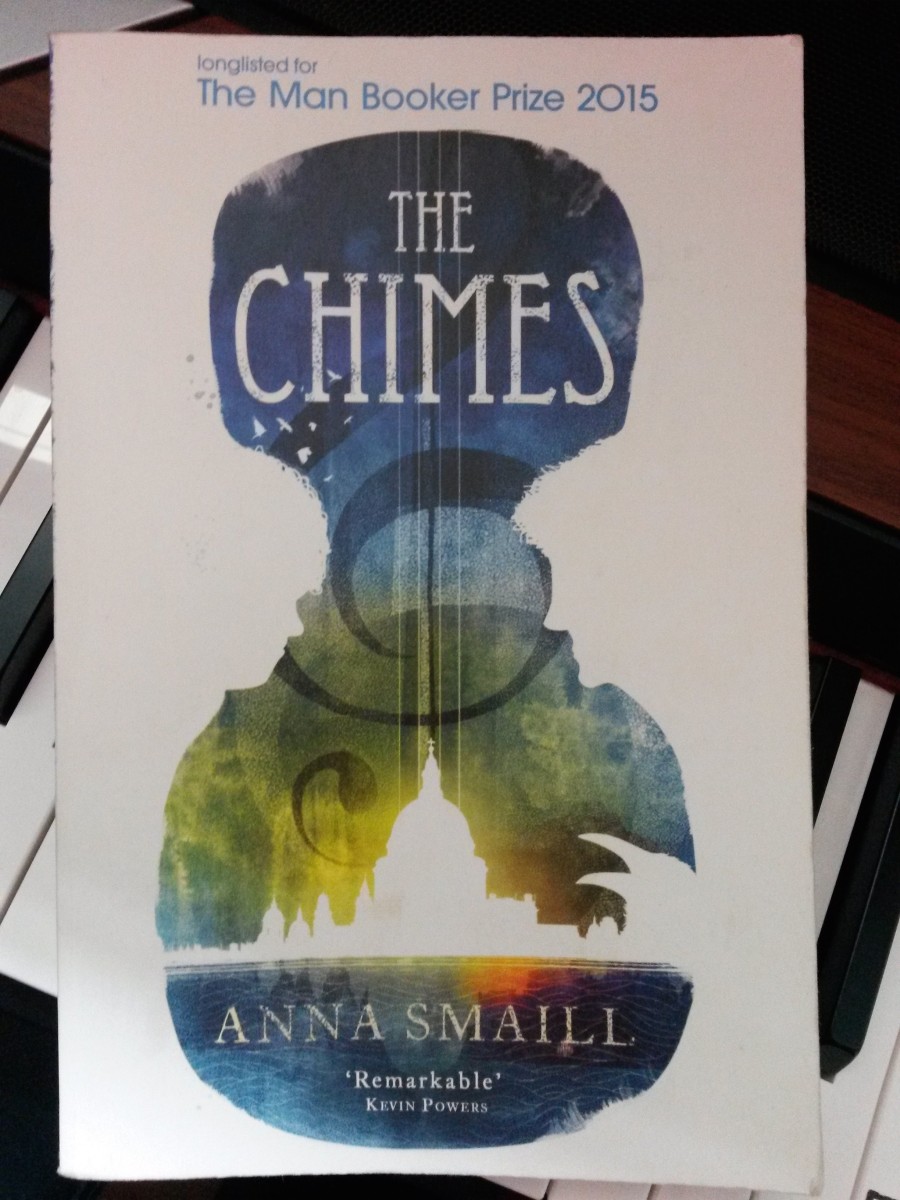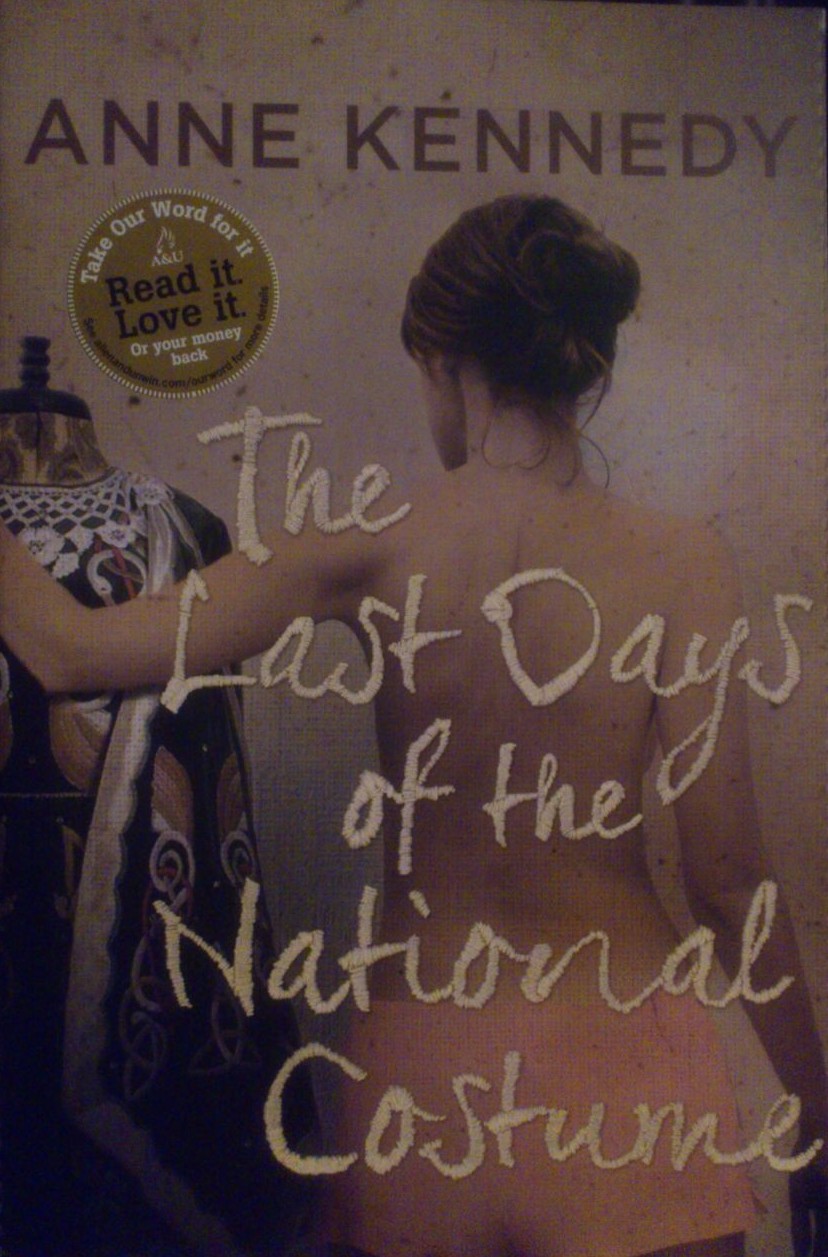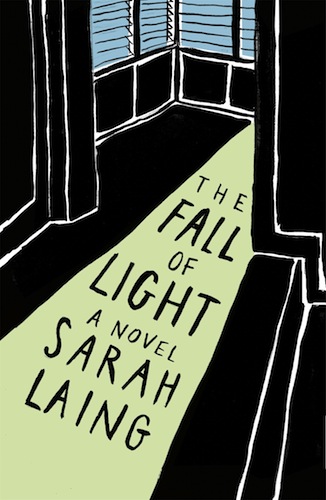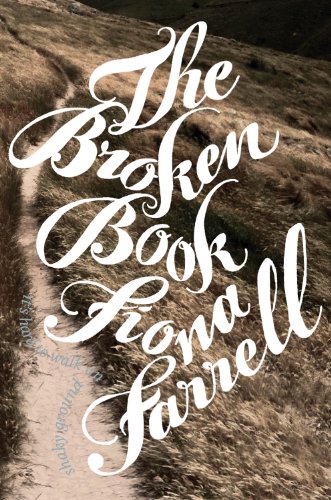 What would life be like if we communicated with music instead of words? That’s the situation in the dystopian future of The Chimes. People have lost most of their ability to remember in words, so they must rely on objects to prompt their memories, and an intricate musical language to communicate. Simon, a young man, fetches up in London with only a vague idea why he came and what he’s supposed to do there. Things start happening to him, and before long he starts making things happen himself. Eventually he becomes part of a revolutionary struggle.
What would life be like if we communicated with music instead of words? That’s the situation in the dystopian future of The Chimes. People have lost most of their ability to remember in words, so they must rely on objects to prompt their memories, and an intricate musical language to communicate. Simon, a young man, fetches up in London with only a vague idea why he came and what he’s supposed to do there. Things start happening to him, and before long he starts making things happen himself. Eventually he becomes part of a revolutionary struggle.
I loved the first half of the book, as we are shown (not told) the mechanics of this strange new world. The language the characters use ingeniously blends musical terms with normal English. I love the term for musical heresy: “blasphony”. The second half is more plot-driven, so everything gets a bit more concrete. I found out later that his book is considered to be a YA (young adult) novel. I think this just means that there’s only moderate violence, sex and swearing, and a teenage protagonist. It also means that things are tied up nicely at the end. Luckily it’s not too neat for an old adult like me.
 This novel is Dorothy Forrest’s life story, and her complicated family life too. After reading it I felt that I knew her quite well…
This novel is Dorothy Forrest’s life story, and her complicated family life too. After reading it I felt that I knew her quite well… Two very interesting characters inhabit this story: Roza, the Prime Minister’s wife, a creative maverick who still manages to fit in with his circle; and her precocious young son Johnny, who is clever and manipulative and a bit of a nightmare. Throughout the novel, Roza tells Johnny a story featuring a large cast of characters including a nasty dwarf called Soon, and surreal happenings, all based on the other people in the novel. It’s like a terrifyingly twisted Enid Blyton romp, and it’s fun drawing parallels between Roza’s story and the novel.
Two very interesting characters inhabit this story: Roza, the Prime Minister’s wife, a creative maverick who still manages to fit in with his circle; and her precocious young son Johnny, who is clever and manipulative and a bit of a nightmare. Throughout the novel, Roza tells Johnny a story featuring a large cast of characters including a nasty dwarf called Soon, and surreal happenings, all based on the other people in the novel. It’s like a terrifyingly twisted Enid Blyton romp, and it’s fun drawing parallels between Roza’s story and the novel. Anne Kennedy’s book starts out as a fussy woman’s internal monologue, before expanding to take in a pivotal series of events in her otherwise quiet life. It also will make me think twice before taking clothing in to be repaired.
Anne Kennedy’s book starts out as a fussy woman’s internal monologue, before expanding to take in a pivotal series of events in her otherwise quiet life. It also will make me think twice before taking clothing in to be repaired.

 I don’t know how many books have been written about neurotic 12-year-olds, but I doubt many of them are as good as The 10pm Question. The central character, Frankie, is a portrait of a boy struggling with (he feels) the weight of the world on his shoulders. He’s so serious, yet still a kid and a very human character. Pretty much all the other characters are weird or colourful in their own way, but never too cartoonish (with the possible exception of the Aunties — but they are so likeable I don’t really mind).
I don’t know how many books have been written about neurotic 12-year-olds, but I doubt many of them are as good as The 10pm Question. The central character, Frankie, is a portrait of a boy struggling with (he feels) the weight of the world on his shoulders. He’s so serious, yet still a kid and a very human character. Pretty much all the other characters are weird or colourful in their own way, but never too cartoonish (with the possible exception of the Aunties — but they are so likeable I don’t really mind).
